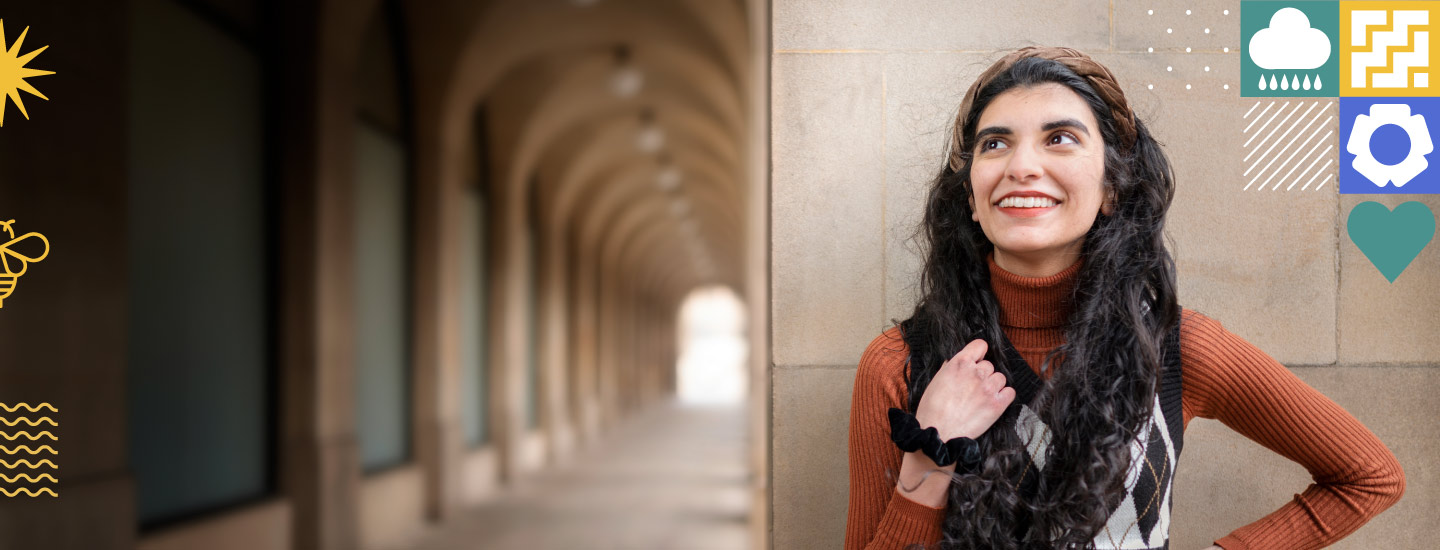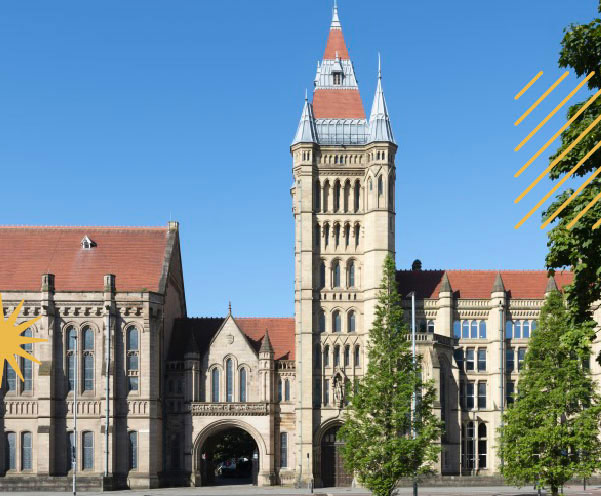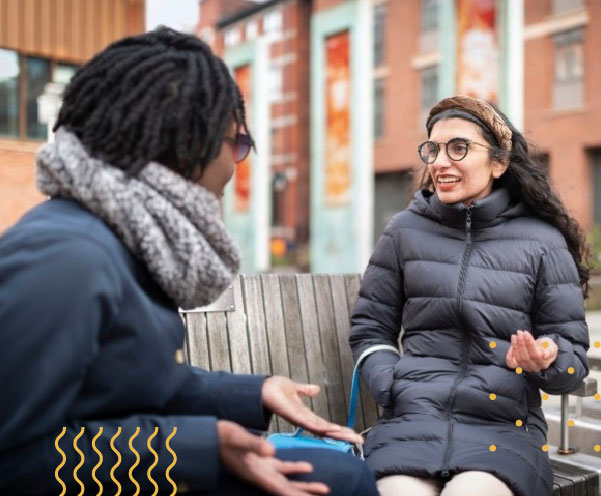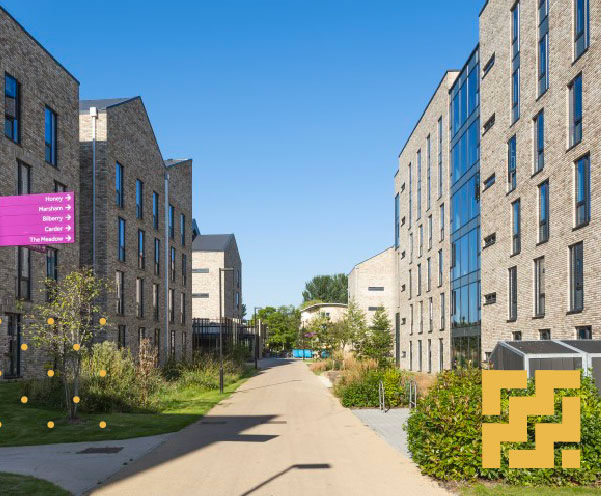
Clearing opens
From 5 July, you can apply if you have your results – or register your interest if you’re still waiting.
Discover more
Open days
Join us for one of our undergraduate virtual or on-campus open days and find out more about finance, accommodation and life as a Manchester student.

International students
Learn more about English language requirements, country-specific information and ways to meet us at an event near you.

Accommodation
Find out more about our accommodation options and see where you'll live while studying here.

Student life
Our campus and our city offers you an exciting range of opportunities to explore outside of your studies.

Your undergraduate journey
Key dates and timeline
Discover more about the process to becoming an undergraduate student at Manchester with our step-by-step timeline, and find out some of the key application dates for 2025.
.jpg)
